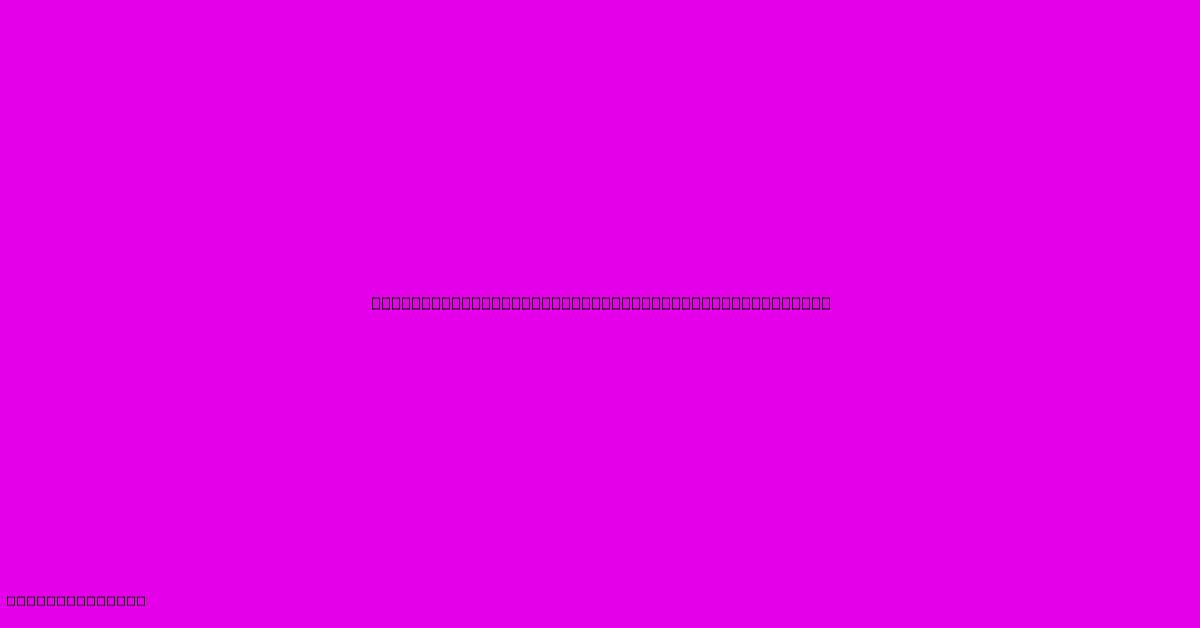Gilmar Mendes Absolve José Dirceu Na Lava Jato

Discover more detailed and exciting information on our website. Click the link below to start your adventure: Visit Best Website mr.cleine.com. Don't miss out!
Table of Contents
Gilmar Mendes Absolves José Dirceu in Lava Jato: A Controversial Decision and Its Implications
The Brazilian Supreme Court Justice, Gilmar Mendes, has sparked controversy with his decision to absolve former Minister José Dirceu of charges related to the Lava Jato operation. This decision, while seemingly a victory for Dirceu, has drawn criticism from various sectors, raising questions about the future of the landmark corruption investigation.
The Context:
The Lava Jato investigation, which began in 2014, has been a cornerstone in the fight against corruption in Brazil. It uncovered a sprawling network of bribery and money laundering involving politicians, business executives, and government officials. José Dirceu, a prominent figure in the Workers' Party (PT) and former Chief of Staff under President Lula da Silva, was among those implicated in the scheme.
Mendes' Decision and Its Rationale:
In a 6-5 decision, the Supreme Court ruled in favor of Dirceu, absolving him of charges related to the Lava Jato operation. Mendes, who authored the majority opinion, argued that the evidence presented against Dirceu was insufficient to sustain a conviction. He questioned the validity of the plea bargain agreements, which formed a crucial part of the prosecution's case.
The Controversial Aftermath:
The decision has been met with mixed reactions, with some celebrating Dirceu's acquittal while others express concern about the implications for the fight against corruption. Critics argue that Mendes' decision weakens the Lava Jato investigation, potentially discouraging future prosecutions and sending a message that powerful individuals can escape accountability.
Impact on the Lava Jato Investigation:
The Supreme Court's decision could have a significant impact on the Lava Jato investigation. It raises doubts about the strength of the prosecution's case, potentially hindering ongoing investigations and casting a shadow over past convictions. The focus on the validity of plea bargain agreements could also challenge the investigative approach, as this tool has been central to uncovering evidence in many cases.
Political Implications:
The decision comes at a politically charged moment, with Brazil gearing up for the 2022 presidential election. The PT, which was heavily implicated in the Lava Jato scandal, is expected to field a candidate. Dirceu's acquittal could be seen as a boost for the party, potentially impacting the political landscape.
What Lies Ahead:
The decision to absolve Dirceu highlights the complexities of the Lava Jato investigation and the ongoing struggle against corruption in Brazil. The future of the investigation remains uncertain, and the legal and political battles surrounding it are likely to continue. The decision will undoubtedly have significant implications for the country's political scene and its ongoing efforts to combat corruption.

Thank you for visiting our website wich cover about Gilmar Mendes Absolve José Dirceu Na Lava Jato. We hope the information provided has been useful to you. Feel free to contact us if you have any questions or need further assistance. See you next time and dont miss to bookmark.
Featured Posts
-
Al Nassr X Al Taawon Horario Transmissao E Palpites
Oct 30, 2024
-
Spanien Starkregen Sorgt Fuer 50 Tote
Oct 30, 2024
-
Gilmar Mendes Absolve Jose Dirceu Na Lava Jato
Oct 30, 2024
-
Oekraine Mobilisatie Weerstand
Oct 30, 2024
-
Valencia Region Floods 51 Fatalities
Oct 30, 2024
